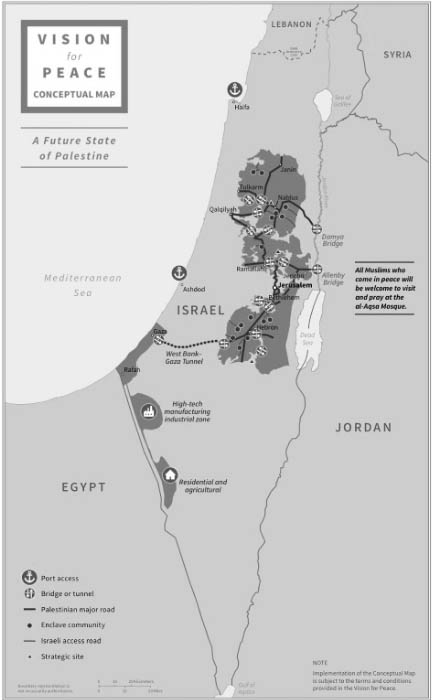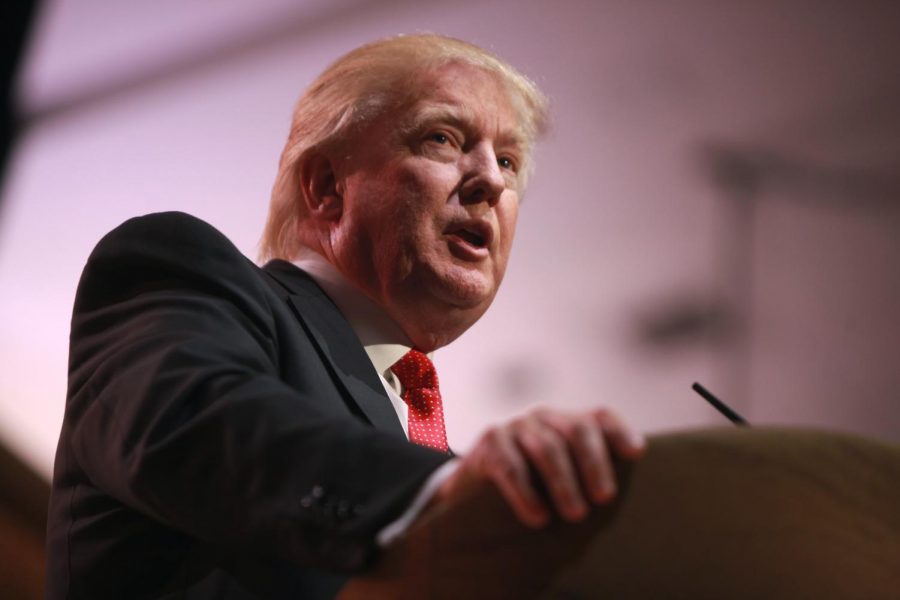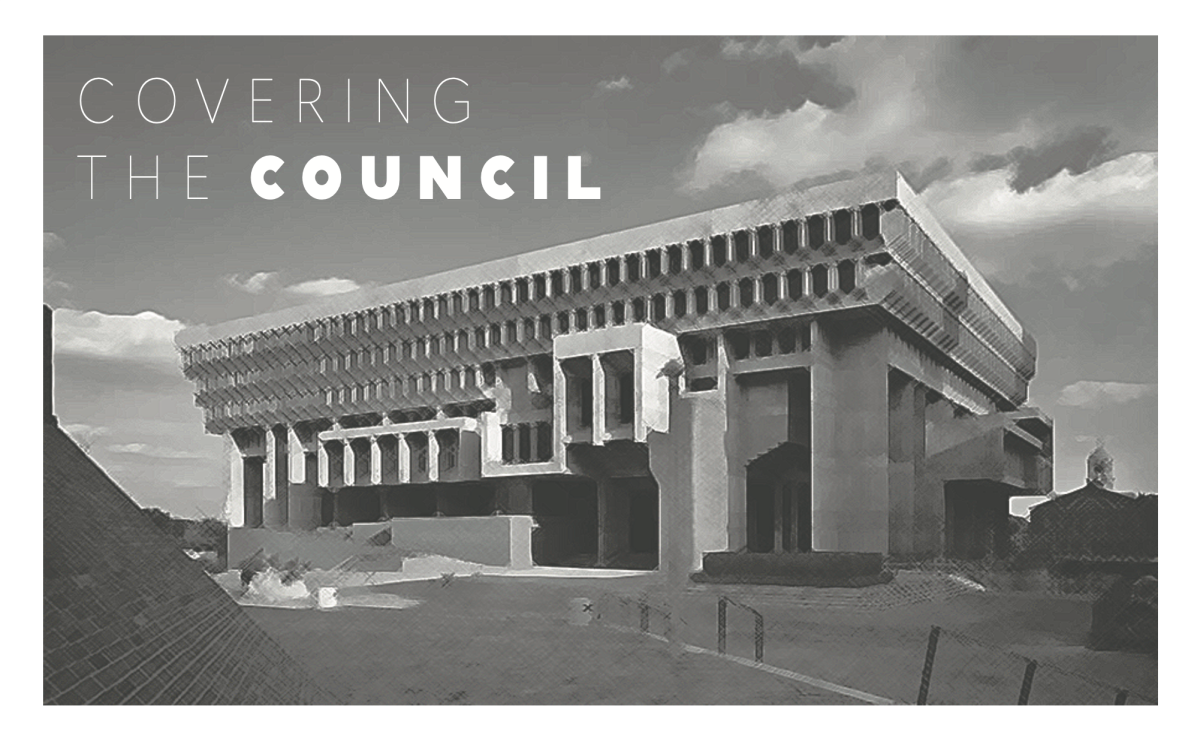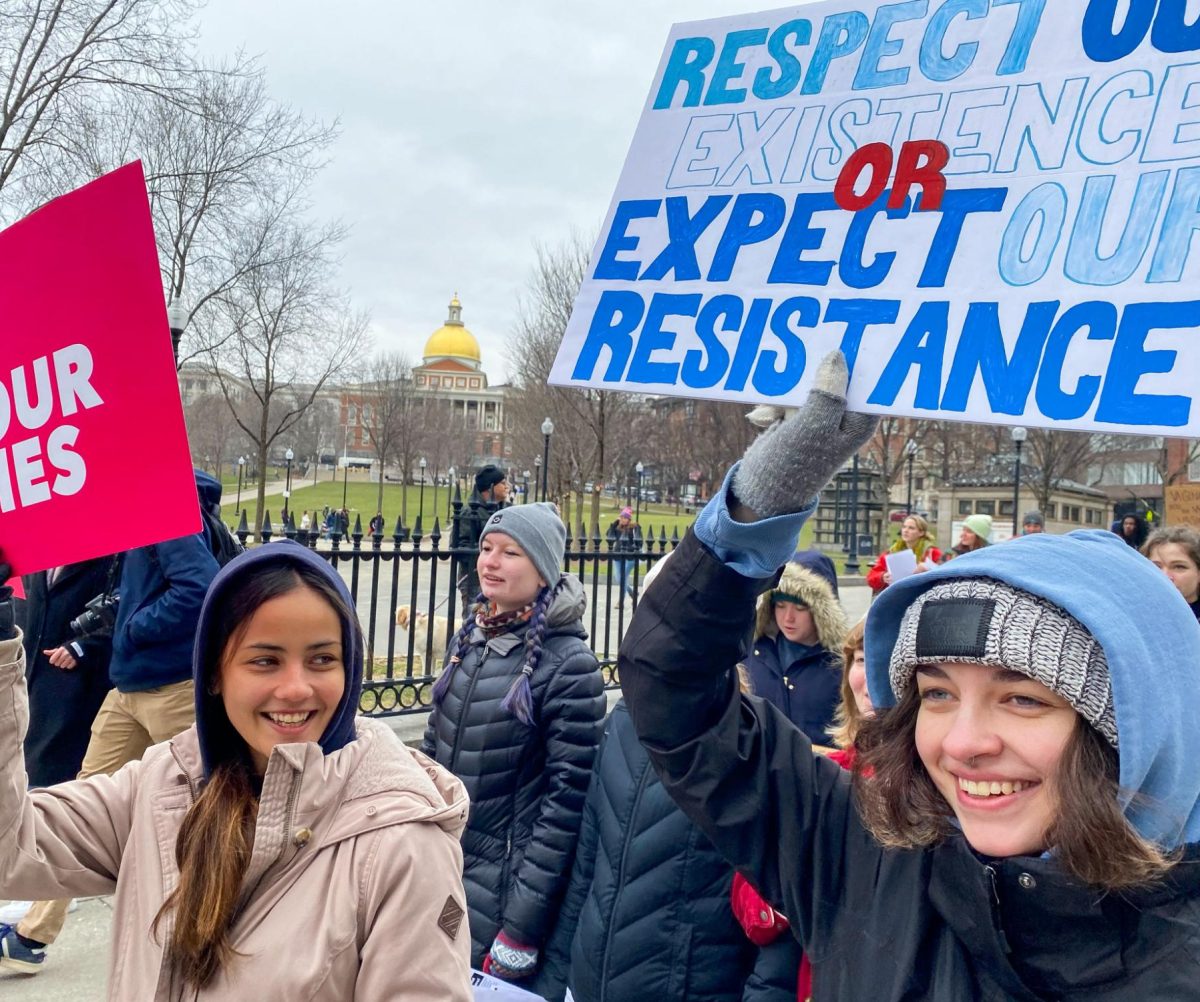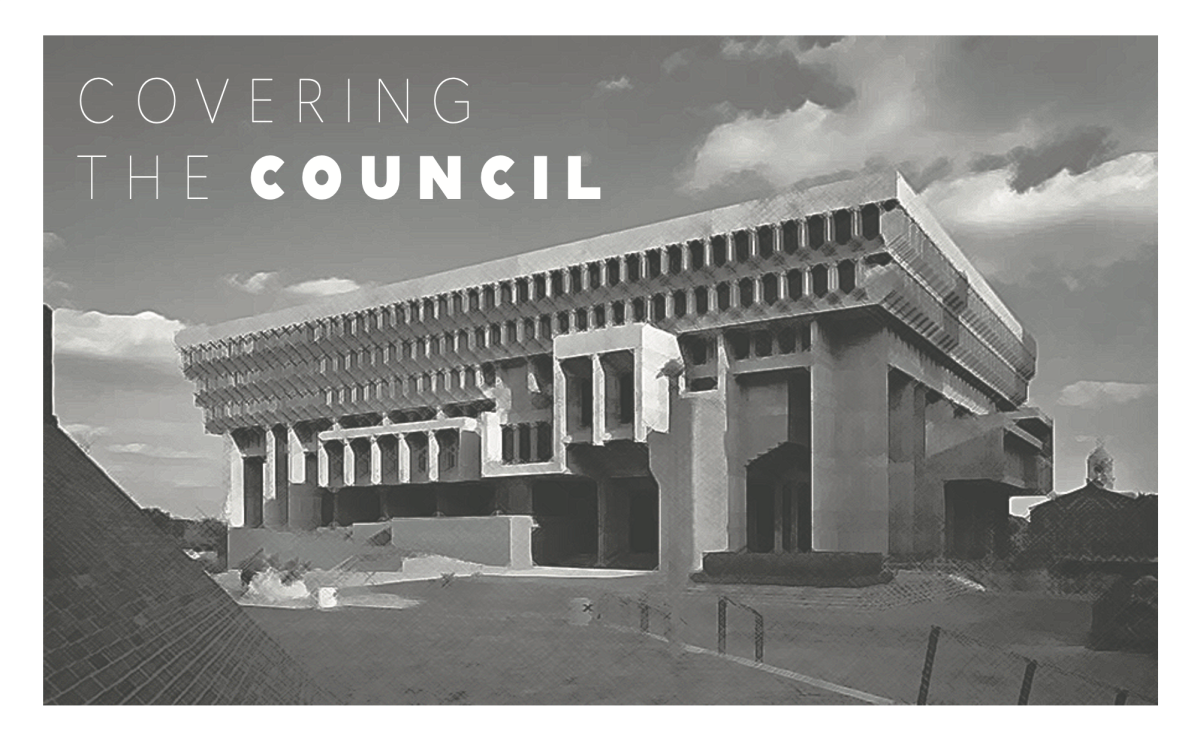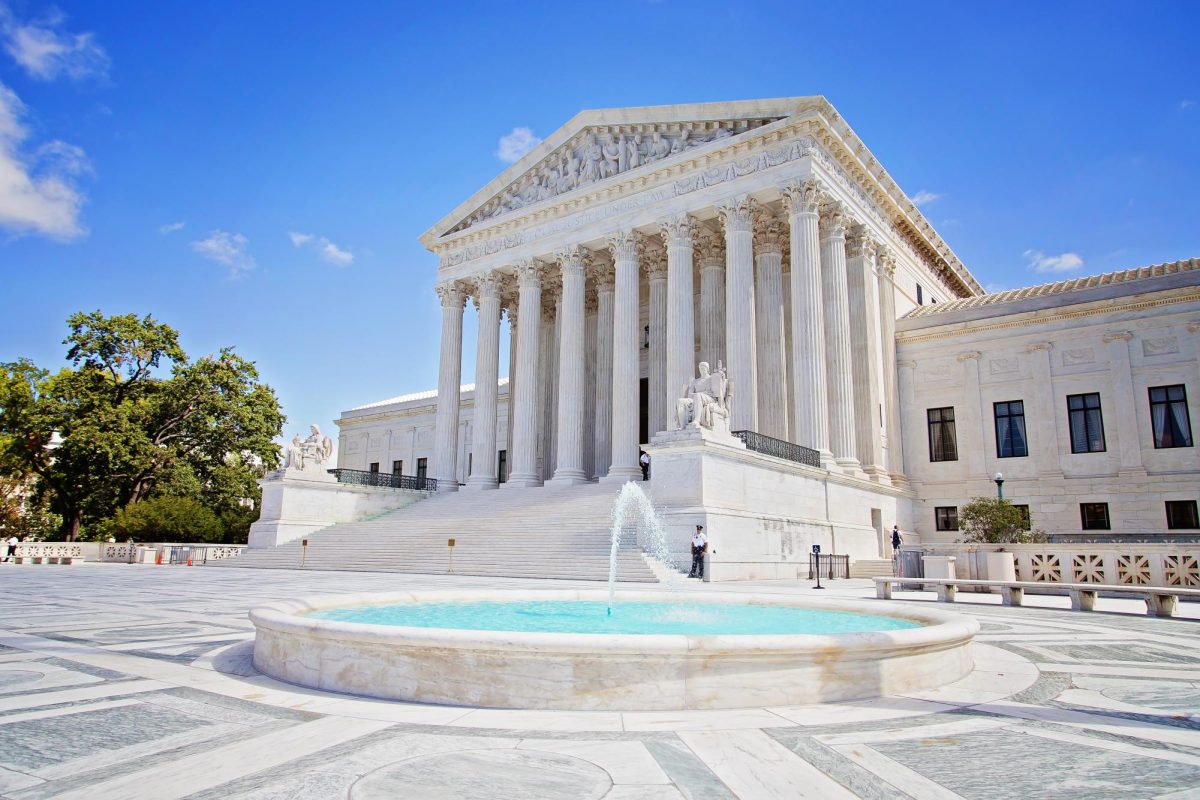U.S. President Donald J. Trump released a plan to resolve the Israeli-Palestinian conflict last Tuesday evening, calling it the “deal of the century.” On Jan. 28, Trump presented his “vision to improve the lives of the Palestinian and Israeli people” at the White House alongside Israeli Prime Minister, Benjamin Netanyahu.
Trump’s 181-page proposal would establish a two-state solution. Under the plan, Jerusalem would serve as the capital of Israel, while a suburb outside Jerusalem, Abu Dis, would become the capital of the Palestinian state.
Palestinian President Mahmoud Abbas without hesitation rejected the proposal after it was released. Abbas addressed the plan in a speech to senior Palestinian leaders, including representatives of the Hamas and Islamic Jihad terror groups, at the Palestinian Authority presidential headquarters in Ramallah according to The Times of Israel.
“We say a thousand times, no, no, no to the deal of the century,” said Abbas during the speech. “We rejected this deal from the start and our stance was correct.”
Palestinians cut all ties with the White House and the U.S. State Department after the Trump administration recognized Jerusalem as Israel’s capital in 2017 and relocated the U.S. embassy from Tel Aviv to Jerusalem in 2018. The Palestine Liberation Organization representative office in Washington was also closed in 2018.
“The Palestinians weren’t invited to contribute much input to the plan. The only three Arab representatives in the launching event for the plan were Bahrain, The United Arab Emirates and Oman, and these are by no means major Arab players; yet, they were the only ones invited,” said Michal Ben-Josef Hirsch, Professor for the Department of Political Science and Legal Studies at Suffolk University.
“I find it really hard, from my experience of studying conflicts to envision a conflict of this type to see any precedent that has been negotiated without both sides at the table. I don’t see the viability of this plan,” said Ben-Josef Hirsch.
The Organization of Islamic Cooperation (OIC) held a summit Monday to discuss the proposal and ultimately rejected the peace plan. The organization “calls on all member states not to engage with this plan or to cooperate with the U.S. administration in implementing it in any form.”
The OIC consists of 57 member states, 53 of which are Muslim majority. The intergovernmental organization represents a collective population of more than 1.8 billion as of 2015. Their meeting came just two days after the Arab League rejected Trump’s peace plan.
The Arab League rejected the proposed plan, claiming “it does not meet the minimum rights and aspirations of Palestinian people.” The Secretary-General of the Arab League, Ahmed Aboul-Gheit said the proposed plan “ignored legitimate Palestinian rights in the territories.”
Israel currently has settlements in the West Bank, which are considered illegal under international law. Under Trump’s plan, Israel would be allowed to annex many of these illegal settlements in the West Bank and the Jordan Valley. This has sparked outrage among Palestinians who make up nearly 87% of the population in the West Bank.
“[The peace plan] is disguised to give Palestine more territory,” said Shoshana Madmoni-Gerber, advisor for the Young Arab Leaders Association (YALA). “It is clear that this is the same old same old, Israel has more control, Palestine has less. The U.S. is again trying to pretend to be the mediating force, where they are clearly representing their interests with little regard for Palestine.”
Trump’s plan was announced amidst his ongoing impeachment trial. Israeli Prime Minister Benjamin Netanyahu was indicted on corruption charges in three separate cases just hours before the unveiling of the peace plan and is running for re-election in March.
Appearing on CNN, Joshua Kushner, as Trump’s envoy, said in an interview with Christiane Amanpour, “What I would encourage people to do is try to divorce yourself from all of the history that’s happened over the years and read this plan. Look at the map and say — two questions in mind. Number one, does this make the lives of the Palestinian people much better? The answer is unquestionably yes.”
However, Ben-Josef Hirsch argues that in such a prolonged conflict, it is not quite as simple as just moving on from years of turmoil.
“Look at the United States, it has been in an impeachment process that revolves around trying to interpret what the founding fathers thought 200 years ago. So it is really hard to imagine that people will forgo history in this case,” said Ben-Josef Hirsch. “Especially in this kind of conflict where there is so much history of emotional and tangible loss.”


